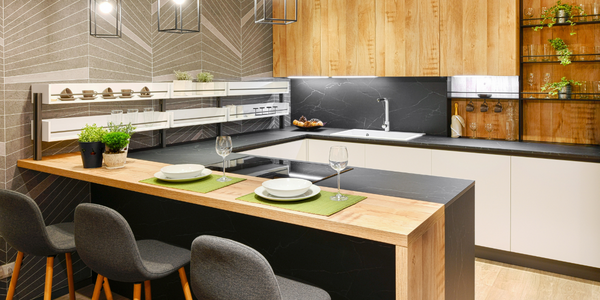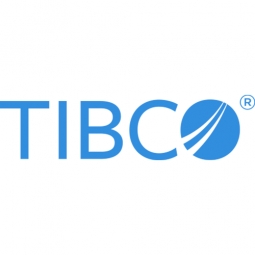Customer Company Size
SME
Region
- Europe
- Asia
Country
- Switzerland
- Germany
- Austria
Product
- TIBCO Cloud
- TIBCO API Exchange
Tech Stack
- Event Processing
- Integration Platform
Implementation Scale
- Enterprise-wide Deployment
Impact Metrics
- Customer Satisfaction
- Brand Awareness
- Digital Expertise
Technology Category
- Platform as a Service (PaaS) - Connectivity Platforms
- Analytics & Modeling - Predictive Analytics
Applicable Industries
- Consumer Goods
- Telecommunications
Applicable Functions
- Facility Management
- Business Operation
Use Cases
- Building Automation & Control
- Predictive Maintenance
- Smart City Operations
Services
- System Integration
- Software Design & Engineering Services
About The Customer
digitalSTROM is a company focused on providing cutting-edge smart home solutions using the Internet of Things (IoT). Their goal is to make homes smart and reactive to events without incurring high costs. They aim to integrate various technologies and services, such as weather and security, to enhance the smart home experience. The company is in an early stage but has been doubling its revenue annually, indicating rapid growth and market acceptance. They are expanding their services from Switzerland, Austria, and Germany to other parts of Europe and Asia.
The Challenge
digitalSTROM aimed to create an infrastructure for smart homes that integrates cloud-based services like weather and security. The platform needed to handle high performance and low latency, be open and secure, and integrate various technologies from multiple partners. It also had to prioritize events from IoT devices, ensuring fast responses for critical alerts like fire alarms while managing less urgent events efficiently.
The Solution
digitalSTROM partnered with TIBCO to leverage its high-performance, scalable, and reliable platform. They use TIBCO Cloud, which includes integration and event processing solutions, to manage and control IoT home devices. This platform enables two-way communication and control, making it easy for homeowners to interact with their smart homes via smartphone apps. The system can react immediately to certain events, like weather changes, and provide a seamless user experience. TIBCO's technology also supports privacy and security requirements, ensuring customer trust and brand integrity.
Operational Impact
Quantitative Benefit

Case Study missing?
Start adding your own!
Register with your work email and create a new case study profile for your business.
Related Case Studies.
.png)
Case Study
Improving Vending Machine Profitability with the Internet of Things (IoT)
The vending industry is undergoing a sea change, taking advantage of new technologies to go beyond just delivering snacks to creating a new retail location. Intelligent vending machines can be found in many public locations as well as company facilities, selling different types of goods and services, including even computer accessories, gold bars, tickets, and office supplies. With increasing sophistication, they may also provide time- and location-based data pertaining to sales, inventory, and customer preferences. But at the end of the day, vending machine operators know greater profitability is driven by higher sales and lower operating costs.

Case Study
Series Production with Lot-size-1 Flexibility
Nobilia manufactures customized fitted kitchens with a lot size of 1. They require maximum transparency of tracking design data and individual processing steps so that they can locate a particular piece of kitchen furniture in the sequence of processes.

Case Study
American Eagle Achieves LEED with GE LED Lighting Fixtures
American Eagle Outfitters (AEO) was in the process of building a new distribution center. The AEO facility management team decided to look at alternate options for lighting layout that could provide energy and maintenance savings. AEO would need a full-time maintenance employee just to replace burned-out fluorescent tubes.






